Lessons from the Language We Speak
—
The New Testament was written in Greek. That was the commercial language of the Roman Empire. Latin had been the administrative language of the empire, used for legal and governmental matters. It was the language of Rome and became the language of the church as the Roman church expanded its influence and the Popes became more powerful. Missionaries carried the gospel to far-flung areas and, increasingly, Latin became the language of worship and scripture. After the political disintegration of the western part of the Roman Empire around 476 A.D., church institutions remained the sole facilitators of education. Therefore, Latin, the language of the church, became the language of learning, too.
Meanwhile, in the area where English would one day take hold, the former Roman province of Britannia became a melting pot and multi-linguistic arena of competing people and languages. Slowly, the language of the Angles took hold among the vast numbers of the poor, but the church and the educated continued to read, write, and study Latin.
By 1066, another outside influence bore down on the land of the Angles and the Anglo-Saxon culture. William the Conqueror, a Norman king from France, invaded and successfully took over and controlled the land. French became the language of the aristocracy. Landowners and the cultural elite either already knew or had to learn French in order to fit with the ruling class. Latin continued to be the language of education and church, but this Anglo-Saxon Germanic language persisted among the majority of the island, the regular working people, those who worked the land, worked with their hands, and kept the economy going.
Gradually, the languages began to fuse, to merge into an extremely useful and vitally flexible language that utilized Germanic structure and grammar with French and Latin vocabulary. Some estimate today that, at most, only twenty percent of English remains from the original and mostly Germanic “Old English.” But the resulting, highly adaptive combination we now have is recognized worldwide as the most practical for trade, business, economics, and international relations. And it was this interaction with and learning from other languages and cultures that led to the organic evolution of the English we know today.
Though neither Paul nor Jesus spoke the English of King James—regardless of what some frustrated folks might think—our language today still has grammar, vocabulary, and roots of words that can take us all the way back to the richness and depth of the Greek and Aramaic they spoke. The way we communicate, what we say, and how we say it connects us to a distant linguistic past from another day and time.
We also are connected to the words, acts, and life of Jesus because we are connected to the spirit of Jesus. When God said, “Let there be light,” it was not only to activate creation. It was to also to begin a continuing enlightenment, ongoing insight, and renewed perspective. Just as the movement of language and the evolvement of our words is dynamic, fluid, and continuous, so is the movement, direction, and flexibility of God’s spirit in an ongoing revelation over time. New insights emerge from experience—and inspiration. We will continue to explore these thoughts as we move through this week seeking God’s light—and new insight.
David Jordan
Senior Pastor

